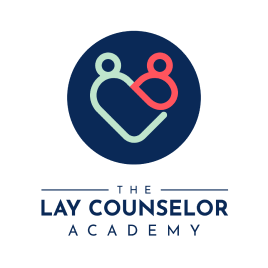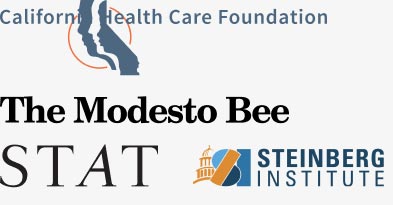Empower your team to provide empathic, evidence-based mental healthcare. Transform care delivery and meet the growing behavioral health needs of the community you serve.
Lay counselors are trained professionals who provide crucial mental health support without traditional clinical licenses. They offer empathic care, bridging the gap in mental health services.

The Lay Counselor Academy is a 14-week intensive course that equips your staff with practical mental health counseling skills.
Our curriculum combines theory and practice to prepare your team to provide high-quality mental healthcare.
The course is 65 hours over 14 weeks, and includes 43 hours of live instruction and 22 hours of asynchronistic work in our online learning platform.
40% of the course is spent practicing counseling skills with each other.
Participants have lifelong, free access to future LCA courses and the online learning platform.
The cornerstone of evidence-based mental healthcare is the therapeutic alliance. While licenses and degrees can be important, they do not inherently ensure the ability to build strong, effective therapeutic relationships. In fact, many individuals without formal credentials possess exceptional skills in fostering these vital connections.
We’re honored to share that the California Health Care Foundation studied The Lay Counselor Academy for two years. The report shows LCA helps people feel more confident, love their jobs more, and brings more fairness to the mental health field. Read the full CHCF Report.

Now, anyone can own all 300+ pages of LCA articles to learn the basics of mental health counseling! Buy it here (at cost – just printing and shipping!)
